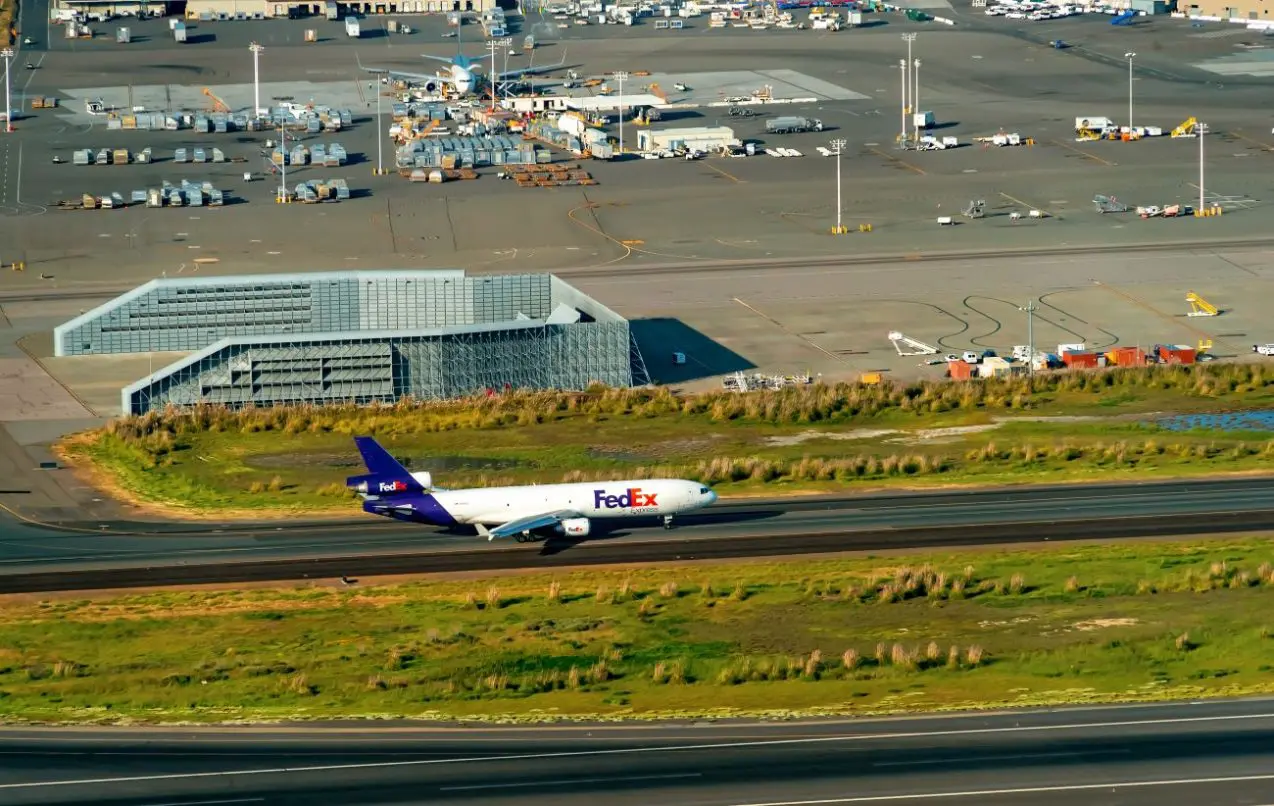On a foggy morning in February, an air traffic controller in Austin cleared a FedEx cargo jet to land just as a Southwest Airlines passenger plane barreled down the same runway for takeoff. Seconds from disaster, the FedEx pilots wrenched their aircraft up and over the other jet, averting tragedy for the 128 passengers and crew aboard.
The alarming near-collision represented just the latest in a string of close calls stemming from lapses in air traffic control this year. An investigation by The New York Times exposed how this incident resulted not from one controller's isolated mistake, but rather systemic weaknesses plaguing the nation's air traffic control infrastructure.
Chronic understaffing left the Austin control tower severely short-handed that morning. The lone controller directing runway traffic lacked critical ground radar to visually monitor planes amid heavy fog. Yet he cleared the FedEx jet to land based solely on the Southwest pilot's confirmation that they were further down the runway - which proved catastrophically inaccurate.
With the runway obscured, the FedEx crew realized in horror that the Southwest plane was hurtling towards them and narrowly averted disaster by aborting their landing. The failure of multiple key safety backups - from radar technology to adequate staff - left passengers seconds from potential tragedy.
The controller's oversight was indefensible, but Austin air traffic control has been gripped by crisis for years. Despite surging air traffic, controller ranks have not kept pace, leaving the facility understaffed nearly 75% of shifts this year. Mandatory overtime has exhausted the depleted workforce. Controllers nationwide echoed similar strain from excessive hours and workload.
This strain has demonstrably impacted performance, with fatigue blamed for several other errors in Austin and controllers elsewhere struggling with burnout. But rather than maximize staff, the FAA provided minimal added training after February's close call. The same controller continues directing ground traffic there today.
Austin's struggles are a microcosm of the broader neglect plaguing air traffic control nationwide. Outdated technology, ineffective hiring and training, and an overworked workforce have compromised the safety net supporting air travel. This erosion manifests in an alarming spike of near collisions, with serious incidents occurring multiple times weekly.
Investigations have revealed some facilities relying on makeshift workarounds - like public flight tracking websites - instead of key radar and communications equipment due to tech failures. Overall, 99% of air traffic control centers are understaffed, while retirement waves continue thinning the ranks. The system oversees millions of passengers daily, yet core infrastructure decays.
After the Austin incident, the FAA called it "unacceptable" and mandated new training on existing procedures. But the true solution lies in major reinvestments to modernize technology, streamline hiring and training, and ensure adequate staffing. Band-aid fixes cannot restore a fraying system to full strength.
With aircraft near-misses now routine occurrences, the pattern of neglect has rendered air travel precariously vulnerable. The safety record of recent years belies the risks accumulating beneath the surface. An expanding web of human errors, equipment failures and staffing gaps threatens to rupture without an urgent, system-wide reevaluation of air traffic control priorities.
The flying public largely remains unaware of how narrowly catastrophe has been averted on numerous occasions. But officials must recognize the urgent need for meaningful action before tragedy inevitably strikes. The stakes could not be higher.

 Police want to talk to man after gun was accidentally fired gun inside Walmart bathroom
Police want to talk to man after gun was accidentally fired gun inside Walmart bathroom
 Woman arrested for what was found in 'colorful party bag' during traffic stop, deputies say
Woman arrested for what was found in 'colorful party bag' during traffic stop, deputies say
 Device helps police detect drugs safely
Device helps police detect drugs safely
 Fact check: Trump makes false claims about trade with Canada and Europe in remarks to Davos
Fact check: Trump makes false claims about trade with Canada and Europe in remarks to Davos
 Prince Harry claims court victories. But is he winning the larger war with the British media?
Prince Harry claims court victories. But is he winning the larger war with the British media?
 Judge blocks Trump’s ‘blatantly unconstitutional’ executive order that aims to end birthright citizenship
Judge blocks Trump’s ‘blatantly unconstitutional’ executive order that aims to end birthright citizenship
 Made in Maine: Kittery company using kelp to help keep skin hydrated
Made in Maine: Kittery company using kelp to help keep skin hydrated
 Karla Sofía Gascón makes history with ‘Emilia Pérez’ Oscar nomination
Karla Sofía Gascón makes history with ‘Emilia Pérez’ Oscar nomination
 ‘Offensive’ tattoos and ‘see-through clothing’ can get you kicked off your next Spirit Airlines flight
‘Offensive’ tattoos and ‘see-through clothing’ can get you kicked off your next Spirit Airlines flight
 Ariana Grande pays homage to her ‘Oz’ roots with emotional Oscar nomination reaction
Ariana Grande pays homage to her ‘Oz’ roots with emotional Oscar nomination reaction








